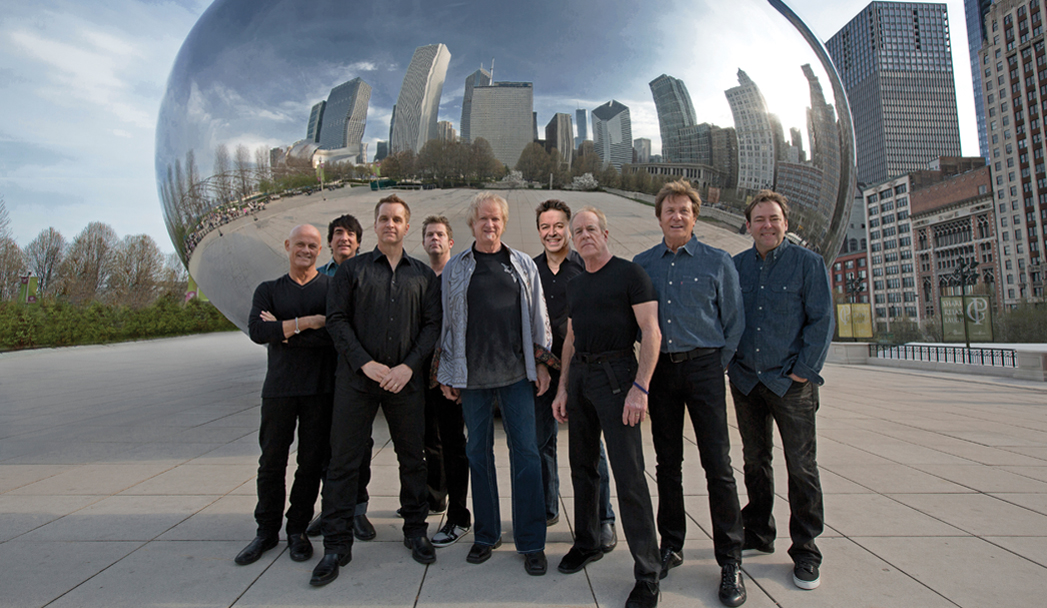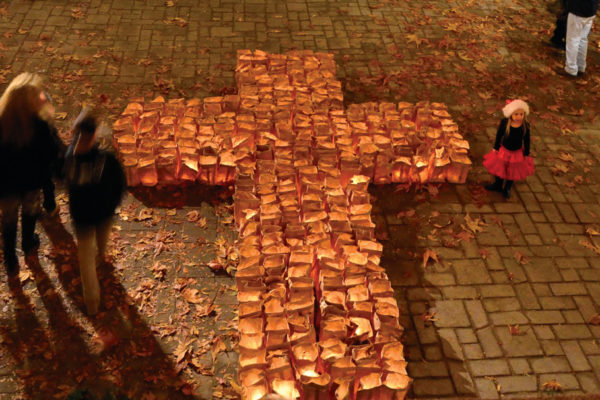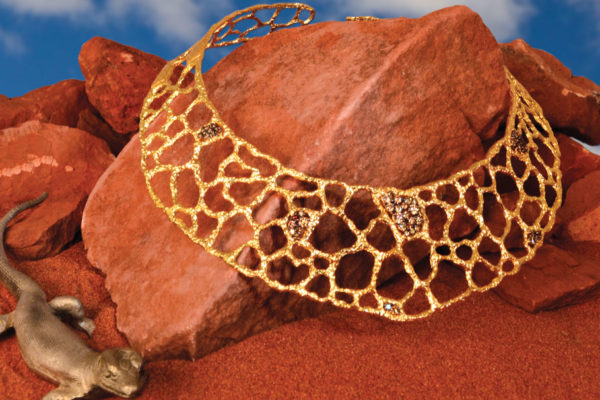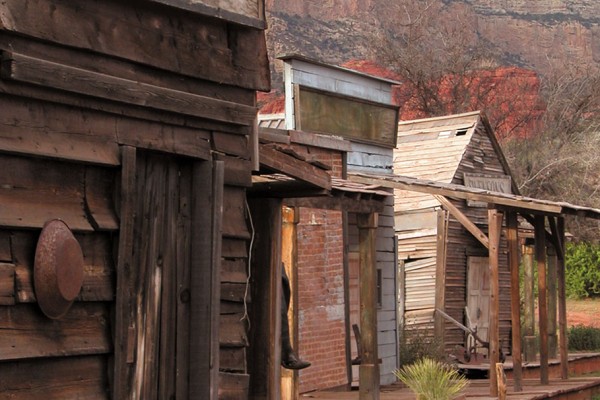Now More Than Ever: The History of Chicago
More than 100,000,000 albums sold. Five consecutive No. 1 albums. Twenty-one Top 10 singles. It’s about time someone tells the story of the band Chicago, isn’t it? The band will present Now More Than Ever: The History of Chicago at SIFF. Chicago will also open the film festival on Feb. 19 with a concert at the Sedona Performing Arts Center. As it turns out, the band has a special relationship with Sedona. Its founding trumpeter, Lee Loughnane, lives here. Chicago also has a studio in Sedona. We spoke with Lee as well as founding vocalist and keyboardist Robert Lamm about the documentary and the Sedona performance.
Sedona Monthly: What was the impetus to make this documentary? How did it come about?
Lee Loughnane: The band has been together quite along time – we started in 1967. We didn’t even consider doing a documentary until four or five years ago. We were doing a Christmas album, and I wanted to film the behind the scenes of making the Christmas album. I realized I wasn’t going to be able to do it myself. Lou Pardini, our new singer, has a nephew, Peter Pardini, who had just gotten out of film school. I asked him if he wanted to do it, and he did. Since then, he’s made a documentary of our 2011 world tour and then we talked about a documentary covering our entire history. We just finished it last year, so it covers the first 47 years of our career. It includes interviews with the core members of the band and the entire band as it is today as well as former managers and business people.
Robert Lamm: For me, it was painful to look back. I’m the sort of person who always looks ahead, so that was my visceral response to the whole idea. The fact that the band has been so active and productive over the decades – that’s a big deal and accomplishment. That’s something I acknowledge and frankly I’m amazed by. So it’s certainly fitting that there should be documentation of everything we’ve done and what we think about it. But I haven’t seen the documentary yet. I don’t even like to listen to recordings of our live performances. Some of the guys like to listen to what we did [the night before], but I can’t stand to listen to it. I love performing, but I got every nuance of those songs while we were recording them. I’m always wanting to move on to the next thing, whatever that might be.
Tell us about making the film. What was it like looking back on your career? Lee, it seemed like some of it was quite difficult for you?
Lee: It probably seemed like it was difficult for me because I took so many drugs and drank so much – thank God I lived through it and got sober. I’ve been sober almost 34 years. That has allowed me to start growing up. Getting sober has allowed me to be the person I always wanted to be. I thought it was going to be interesting to hear about some of the behind-the-scenes stuff that I never really knew either. I wasn’t privy to all of the footage. Peter put the whole thing together – I saw it later. It was interesting to see our lives portrayed in a documentary.
Robert: I consider the original band – the one that recorded the first dozen or so albums – a very different animal than the one we became. And I do think the current lineup, specifically in the last seven years, is the finest version of Chicago since the first version of Chicago. And it’s interesting that this was the year we were nominated for the Rock ’n’ Roll Hall of Fame. In my mind, I think some of our past members along with our first producer should be there. You can’t have a long career without the support of the people around you.
Speaking of the Rock ’n’ Roll Hall of Fame nomination, it’s your first. Does it bother you that it took so long?
Lee: We’ve been eligible for 21 years. We hear about it every year – they show it on HBO, and it plays all year long. So we’re aware of it. We work about six months out of the year, so we see it happening, and we just keep working. But to actually be nominated was a change of pace and very exciting. Last I heard, we were about 50 million votes above the second place nominee.
Robert: It didn’t bother me. I sort of thought of the hall of fame as not really important, just as a nice endorsement of a career. I wasn’t sitting around and waiting for it. If we were to be inducted, I can’t even imagine what that looks like.
The documentary touches on the 2014 Grammys, which, incredibly, was the first time you had played the awards show. What did that performance mean to you?
Lee: It was a lot of fun. The first album was brought in to the Grammy Hall of Fame, and it was very exciting to be recognized by our peers.
Robert: That was so much fun. A couple of other times that the band was nominated or when it actually won a Grammy, we were on tour – as always [laughs]. So to finally be a part of the Grammy Awards was a treat. I saw a clip, and I was very proud of us. I appreciated all the warmth we received that night.
It’s mentioned in the documentary that the audience at the Grammys almost seemed surprised by your number of hit songs. Why is that?
Robert: The body of work that Chicago has produced – both the songs that became hits and the albums themselves – is something that we take a lot of pride in for as much the work as the commitment to each other. In terms of the number of hits, it’s like baseball stats. Everything is counted in pop music. I’m not sure it has anything to do with music. But even my wife – we’ve been married 25 years – who wasn’t necessarily a fan of the band, when she heard those songs, she recognized them. We often get that comment from people who’ve maybe never seen us perform. We are always tickled to hear the comment, “We had no idea you guys had so many hits and did all those songs that we all know.” I take a lot of pleasure in that.




